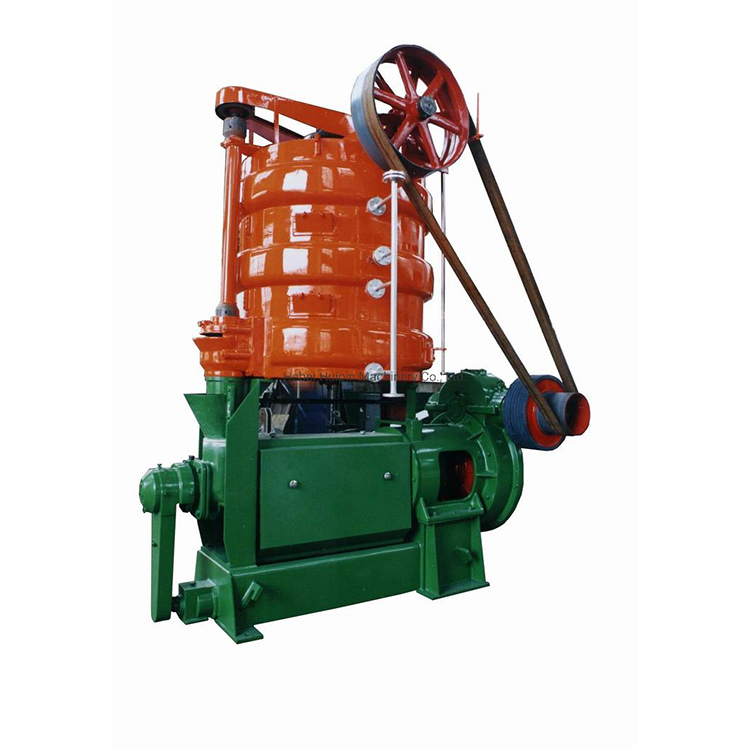Jul . 28, 2024 01:57 Back to list
Discover High-Quality Edible Oil Filter Products for Improved Purity and Flavor in Cooking
The Importance of Edible Oil Filter Products
Edible oil is an essential component of our daily diet, used in cooking, baking, and food preparation. Whether it's olive oil, canola oil, sunflower oil, or any other type, the quality of edible oil directly influences the taste, nutritional value, and safety of the food we consume. One crucial aspect of ensuring edible oil quality is the filtering process. This is where edible oil filter products come into play, serving as a vital tool for both industrial and home kitchens.
What Are Edible Oil Filters?
Edible oil filters are specialized products designed to purify oils by removing impurities, sediments, and unwanted particles. These filters come in various forms, including paper filters, mesh filters, and more advanced options like activated carbon filters and membrane filters. The choice of filter depends on the type of oil being processed and the level of purity required.
Benefits of Using Edible Oil Filters
1. Enhanced Quality One of the primary advantages of using filter products is the improvement in oil quality. By removing sediments and impurities, the oil’s flavor, aroma, and color are preserved, making dishes more appealing and palatable.
2. Extended Shelf Life Filtration helps to reduce the oxidation process, which can lead to rancidity over time. Clean oil retains its freshness longer, which is particularly important for both commercial suppliers and home users who want to minimize waste.
edible oil filter products

3. Health Benefits Impurities in cooking oils can potentially introduce harmful substances. By using edible oil filter products, you can significantly reduce the risk of ingesting these unwanted elements, thus contributing to a healthier diet.
4. Cost-Effectiveness For businesses that rely heavily on edible oils, the use of filtering systems can lead to cost savings. It allows for the recycling of oil, reducing the frequency of oil replacement while maintaining quality. This is particularly beneficial for restaurants and food manufacturers that prioritize both cost and quality.
5. Environmental Consideration Advanced filtering systems often incorporate environmentally friendly materials and processes. Many modern filters are designed to be reusable or recyclable, aligning with sustainable practices in food production and consumption.
Choosing the Right Oil Filter
Selecting the appropriate edible oil filter product is crucial. Factors to consider include the type of oil, the volume of oil being filtered, and the specific requirements for filtration. For instance, finer filters are necessary for high-clarity oils, while coarser options might suffice for less refined oils. It’s also important to assess the filter’s capacity and durability, as this can affect long-term efficiency and cost.
Conclusion
In conclusion, the role of edible oil filter products is paramount in maintaining the quality, taste, and safety of cooking oils. From enhancing the flavor of dishes to ensuring longer shelf life and promoting health, these filters serve both commercial and domestic purposes. The right choice of filter can not only elevate the culinary experience but also contribute to significant cost savings and environmental benefits. As awareness grows regarding the importance of quality in food production, the demand for effective and efficient edible oil filtration solutions is likely to increase. By investing in suitable filtering systems, manufacturers and home cooks alike can ensure that their oils remain pure, healthy, and delicious.
-
Leading Food Oil Refined Unit Companies | Quality & Efficient Solutions
NewsAug.27,2025
-
Expert Food Oil Refined Unit Companies | Advanced & Efficient Refining
NewsAug.26,2025
-
Food Oil Refined Machine Companies: High-Efficiency Oil Refining
NewsAug.25,2025
-
Popular Commercial Oilseed Crushing Machinery | High-Yield Oil Expeller Press
NewsAug.24,2025
-
Food Oil Refined Unit Companies: Leading Manufacturers & Exporters
NewsAug.23,2025
-
Expert Oil Filter Machine Service & Solutions | Quality & Reliability
NewsAug.22,2025
